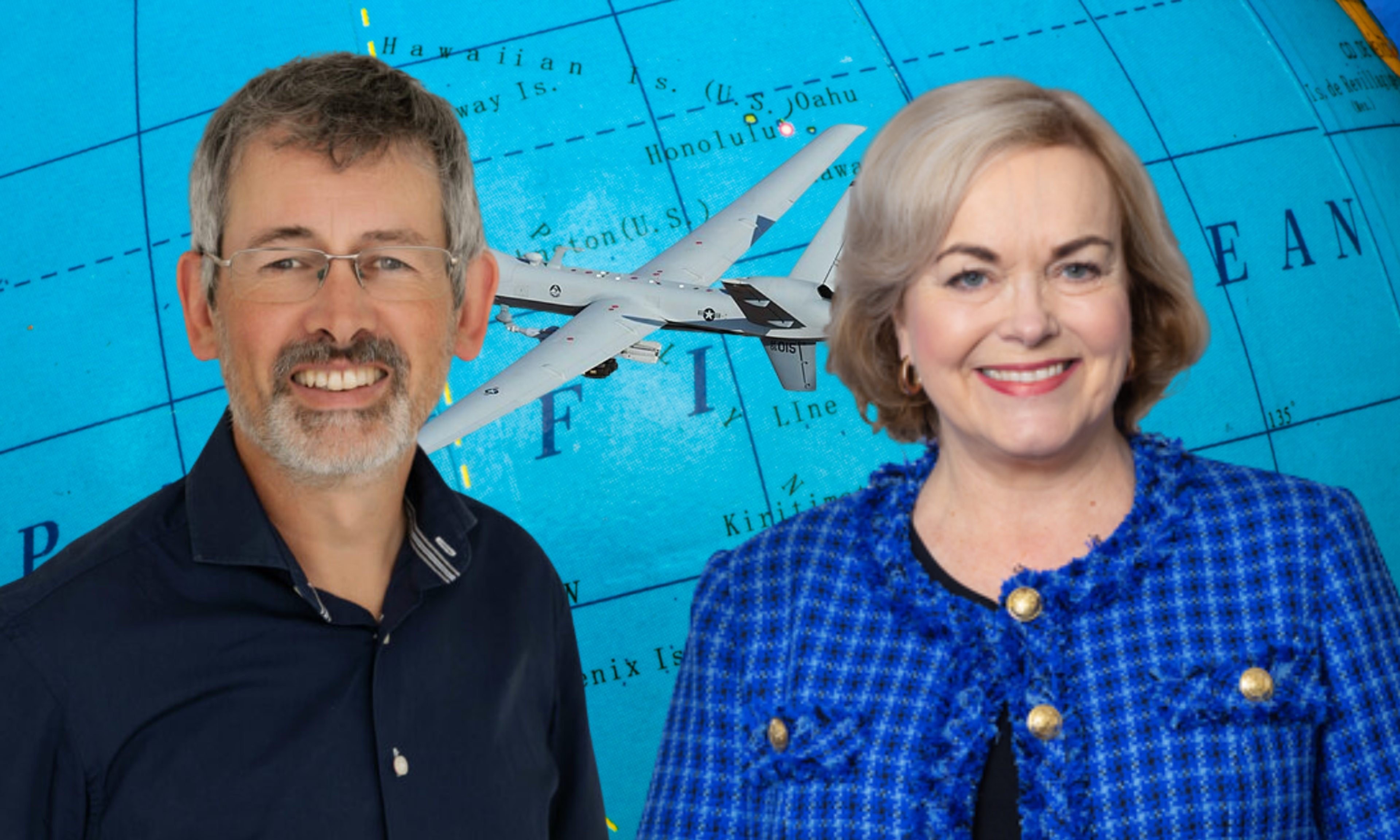

Asetoa Sam Pilisi.
Photo/Pasifika Medical Association
'Is self-care selfish?': Pacific researcher poses pressing question to Pacific communities
Sāmoan-Niuean PhD student Asetoa Sam Pilisi launches survey to break down the struggle of balancing self-care and cultural duties.


The summer hustle: How Pacific youth are turning sunshine into opportunity in NZ

Four years after the eruption, Tonga rebuilds with hope

Pacific urged to tackle homelessness as region hosts most stateless people, report reveals

NZ govt eyes drones to help Pacific nations track illegal fishing

The summer hustle: How Pacific youth are turning sunshine into opportunity in NZ

Four years after the eruption, Tonga rebuilds with hope

Pacific urged to tackle homelessness as region hosts most stateless people, report reveals
A researcher who is exploring Pacific self-care and burnout admits that he's asking a "loaded" question: "Is it selfish to look after yourself?"
The question may not raise eyebrows for some but will for many Pacific peoples who are raised with the primary value of serving one's community before oneself.
The Take Care Pacific Survey led by Auckland University PhD student Asetoa Sam Pilisi (Alofi North and Avatele of Niue, Sato'alepai and Vailoa Palauli of Sāmoa) was launched earlier this week and is aimed towards New Zealand-born Pacific peoples.
"My research is interested in these intersections between Pacific wellbeing, self-care, burnout," Asetoa says.
He says the survey aims to celebrate Pacific worldviews while also identifying the tensions between personal and collective well-being.
"We just don't talk enough about this and so the assumption is that the 200 per die-hard commitment to [our communities] and anything less than that is selfish."
Asetoa hopes to normalise conversations around self-care and burnout for Pacific communities to better balance self-care and their roles and responsibilities towards family and community.
"What brought me to this research is several things," he says.
"I undertook a Master's project in 2019 that looked at Pacific tertiary students and put on the table what responsibilities are to them."
Asetoa says a common responsibility that was brought up was the duties and roles they play for their churches, families and communities.
He adds that their responsibility for doing well in their studies was also important but came at a cost.
"There are times when those worlds complement each other, particularly from a community point of view where the things they've learnt they bring into a tertiary space."
Issues arise when the heft of responsibilities create neglect for self-care. Asetoa says however they all agreed that a balanced life was crucial.
"They said you should look after yourself, you should take a break, you should say 'no' sometimes about the roles and expectations."
But when asked "what does that look like? Do you practice any of that?" the students were unable to answer, something Asetoa also could also not answer nor apply to himself despite agreeing that self-care is important.
"Somewhere in there set the scene for moving into this doctoral space," he says.
Should Pacific peoples just start using meditation and therapy apps with a side of gratitude journals?
"There might be some tools out there in the western mainstream self-care movement that may be helpful for our communities," Asetoa says.
"But we also can't just assume that's the only products on the shelf we can access."
He says figuring out what self-care looks like for Pacific peoples based on a co-creation approach while maintaining an "appetite to find balance and prevent burnout" is key.
"We need to do market research first for what people are going to buy off the shelves.
"What's going to fit their needs, their tastes, price-point and so forth."
Asetoa pointed out a conversation on The Morning Shift where Te Pāti Māori MP Hana-Rawhiti Maipi Clarke reshaped the notion of "I would die for my people" to "I'll live for my people."
He says she called attention to the idea that self-care is not selfish when it is done to sustain or replenish one's ability to serve their communities.
Nonetheless, Asetoa acknowledges the connotations that self-care can externally look selfish.
"I don't want the research to say that we live as palagi people, we shouldn't advocate ourselves away from our responsibilities.
"However, what kind of responsibilities do we have to ourselves?
"What is our relationship to ourselves? I don't think it's a binary question that it should be one or the other in terms of choosing."
What's next after normalising these conversations?
Asetoa says ethnic-specific research is on the horizon, acknowledging that approaching Pacific communities as Pacific causes a loss of diversity.
"The way Sāmoan's see the world and what service means to them may look very different to a Cook Island family," he says.
Following his current research Asetoa aims to take his research and contribute it outward to help further delve into the subtleties between different Pacific peoples.
"I can't speak for everyone. The current research is just taking a big stocktake right out of the community.
"There are lots of key experts in our community that are the owners of certain lived experiences.
"At the moment I'm just doing my part to collect some of these things together and open the door for other people to come and tell these stories."